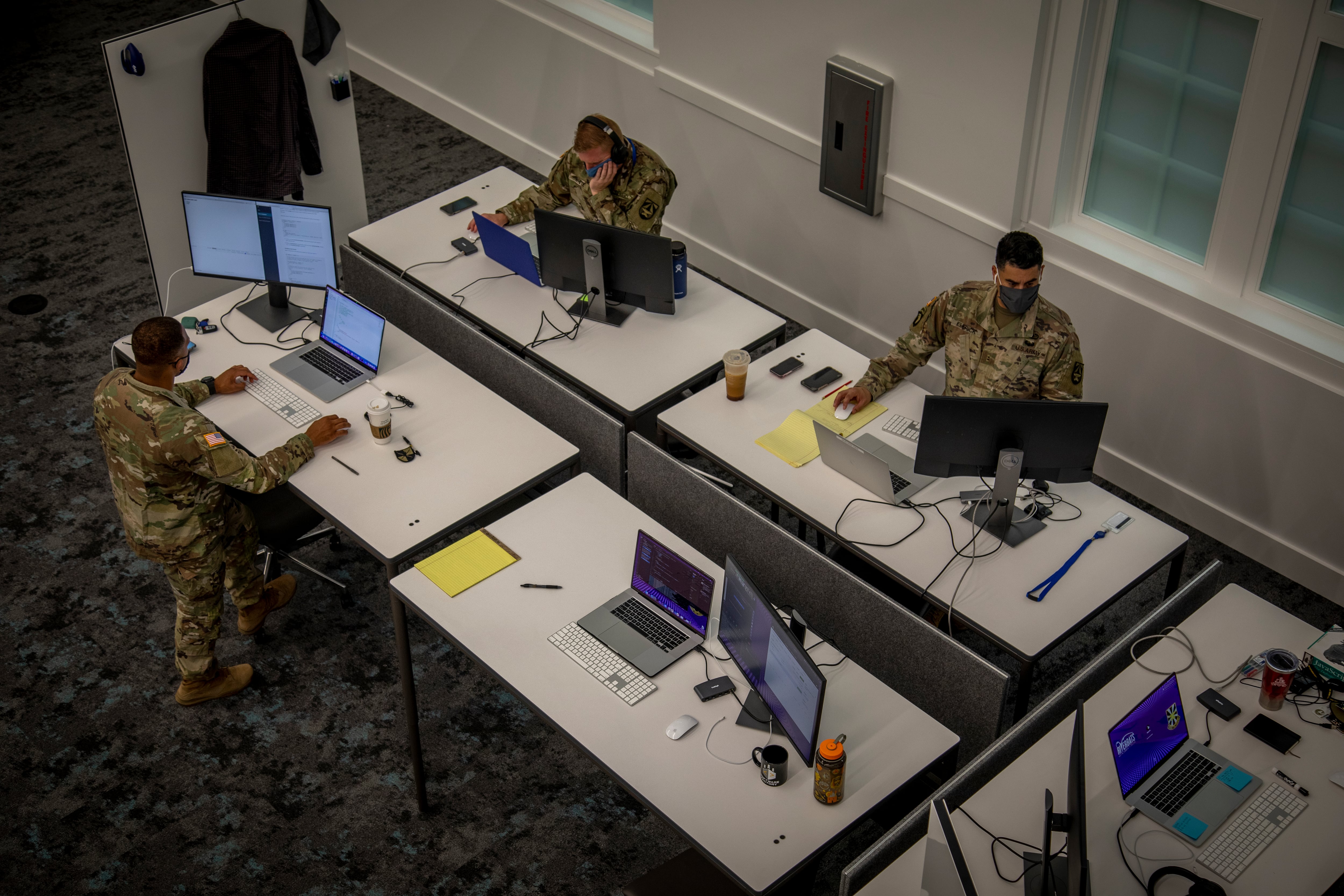A Department of Veterans Affairs pilot program to provide tuition and housing assistance to eligible veterans lacks measurable objectives, according to a preliminary report from the Government Accountability Office released Wednesday.
The program, Veterans Employment Through Technology Education Courses, or VET TEC, is a five-year pilot program launched in 2019. It was designed to equip veterans with technology skills by paying for veterans to get the training needed for in-demand, high-paying careers such as computer programming and information security without using their GI Bill benefits. VET TEC has helped close to 1,700 veterans secure employment, according to the VA.
RELATED

While the program has been praised for its success in getting veterans into in-demand careers, the GAO report found that the VA does not have the proper metrics to fully measure the pilot program’s performance. The report acknowledged that individuals have benefited from the program, but also explained that VA officials have yet to determine what a successful employment rate would be for the entire program.
Without clear objectives, the report explained, potential expansion of VET TEC is called into question. But lawmakers said that the program’s success so far outweighs potential concerns about metrics, calling for the pilot program’s expansion.
“While the GAO report shows the VA must improve its monitoring and evaluation of the program, it is clearly helping many veterans succeed in civilian life, which is why I have voted to increase the funding authorization program and will continue to help it grow responsibly,” said Rep. Mike Levin, D-Calif., chair of the House Veterans Affairs Subcommittee on Economic Opportunity, in a statement.
The report also questioned the VA’s ability to keep tabs on the program’s demand. Due to high demand and usage in the first year, VET TEC’s annual budget tripled from $15 million to $45 million per year in 2021, allowing more veterans to participate.
According to VA officials, VET TEC students have an 87 percent graduation rate and more than 70 percent of students secure employment within 180 days of completing training. Although VA officials know how many veterans are eligible for the program, they do not track the number of veterans who were turned away from the program when funding is unavailable or runs out.
RELATED

Since it is lacking proper metrics, the GAO concluded that the VA is not well-positioned to evaluate the program in its pilot state or weigh the merits for expanding the program, which many advocates and lawmakers have supported.
Joseph Sharpe, director of the American Legion’s Veterans Employment and Education Division, said that he is optimistic about VET TEC’s future beyond its pilot stage.
“We definitely need a stronger program,” Sharpe said, adding, “I think the biggest thing is that there’s quality.”
The GAO’s preliminary report was presented at a Wednesday House Veterans Affairs Subcommittee on Economic Opportunity hearing on how veterans can get high-demand jobs. A full GAO report on VET TEC is scheduled to be published later this year.
Committee member Rep. Barry Moore, R-Ala., said that although the “VA needs to do their homework to properly document the success of this program, the numbers speak for themselves. Witnesses at the hearing yesterday testified that these numbers are above industry averages and believe the program is running well.”
VA officials said they will evaluate VET TEC toward the end of the pilot period using information from the last congressionally mandated report on the program, which is due in August 2024.





